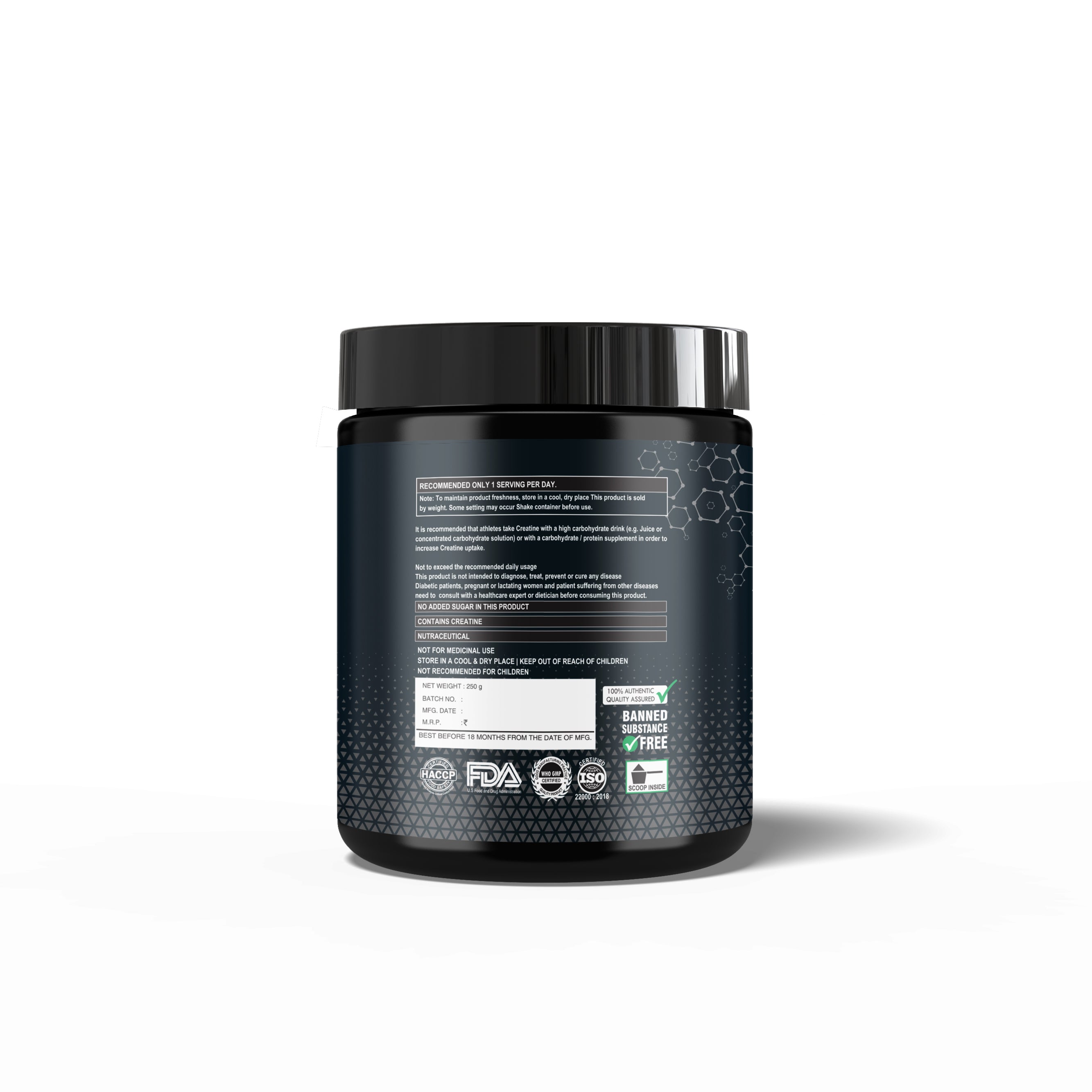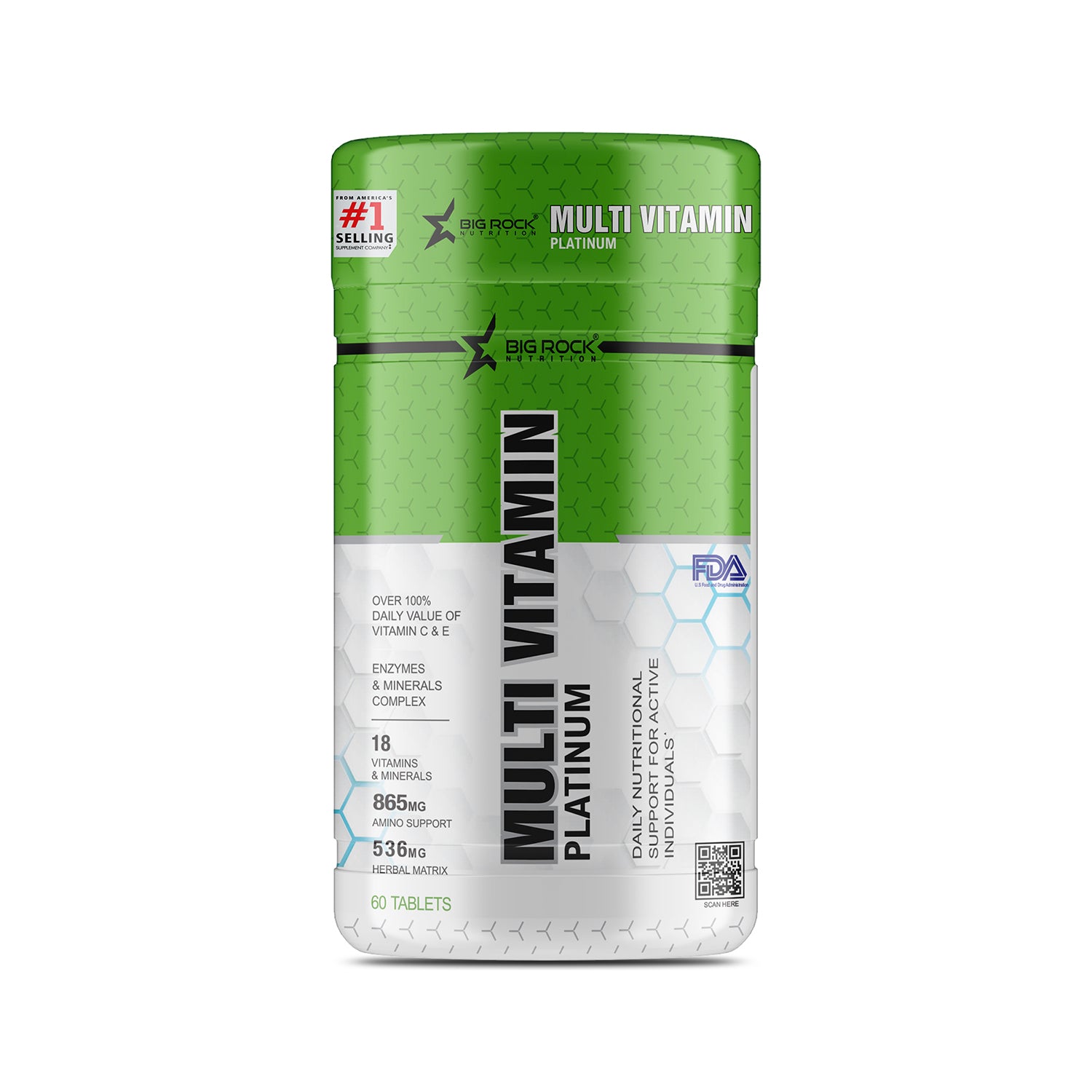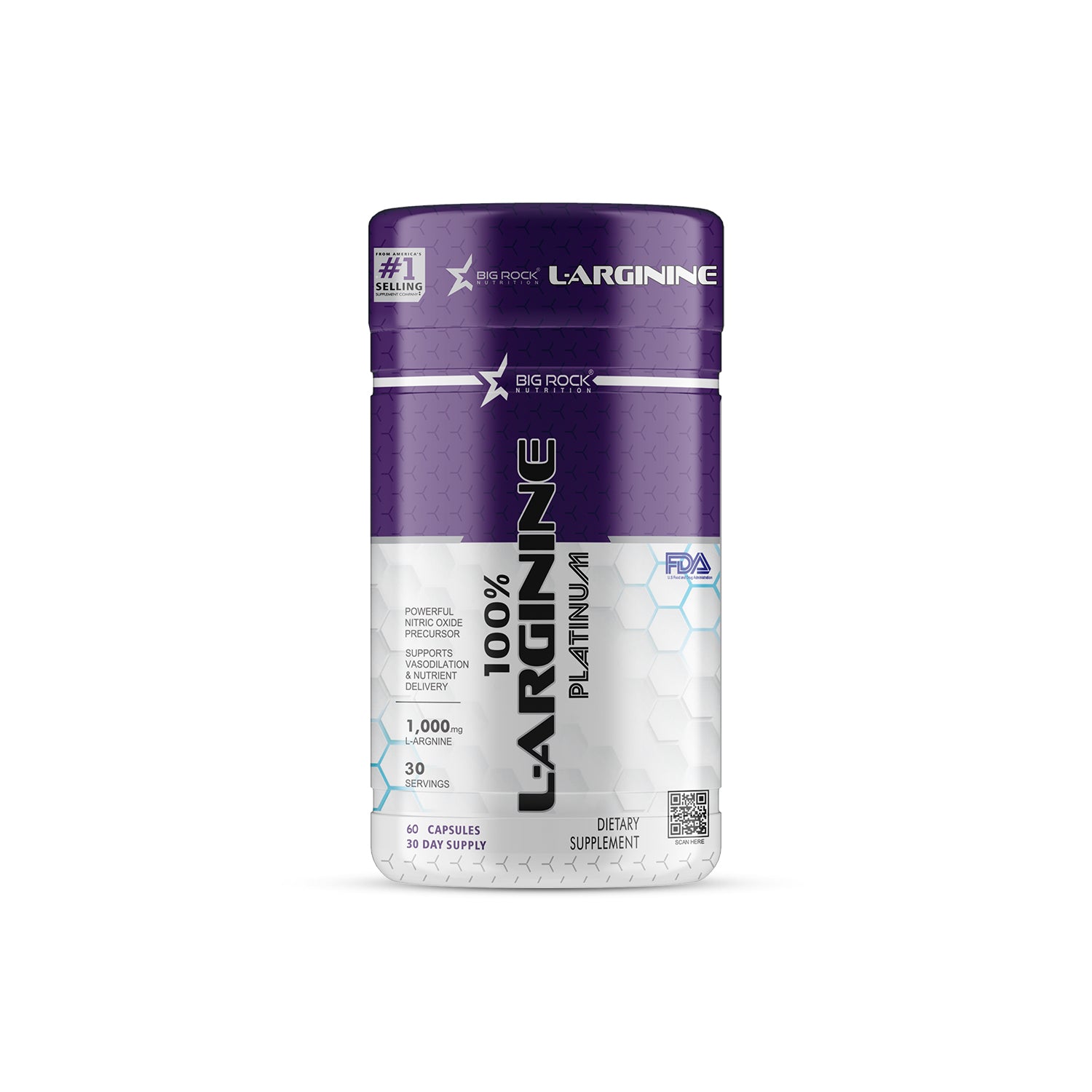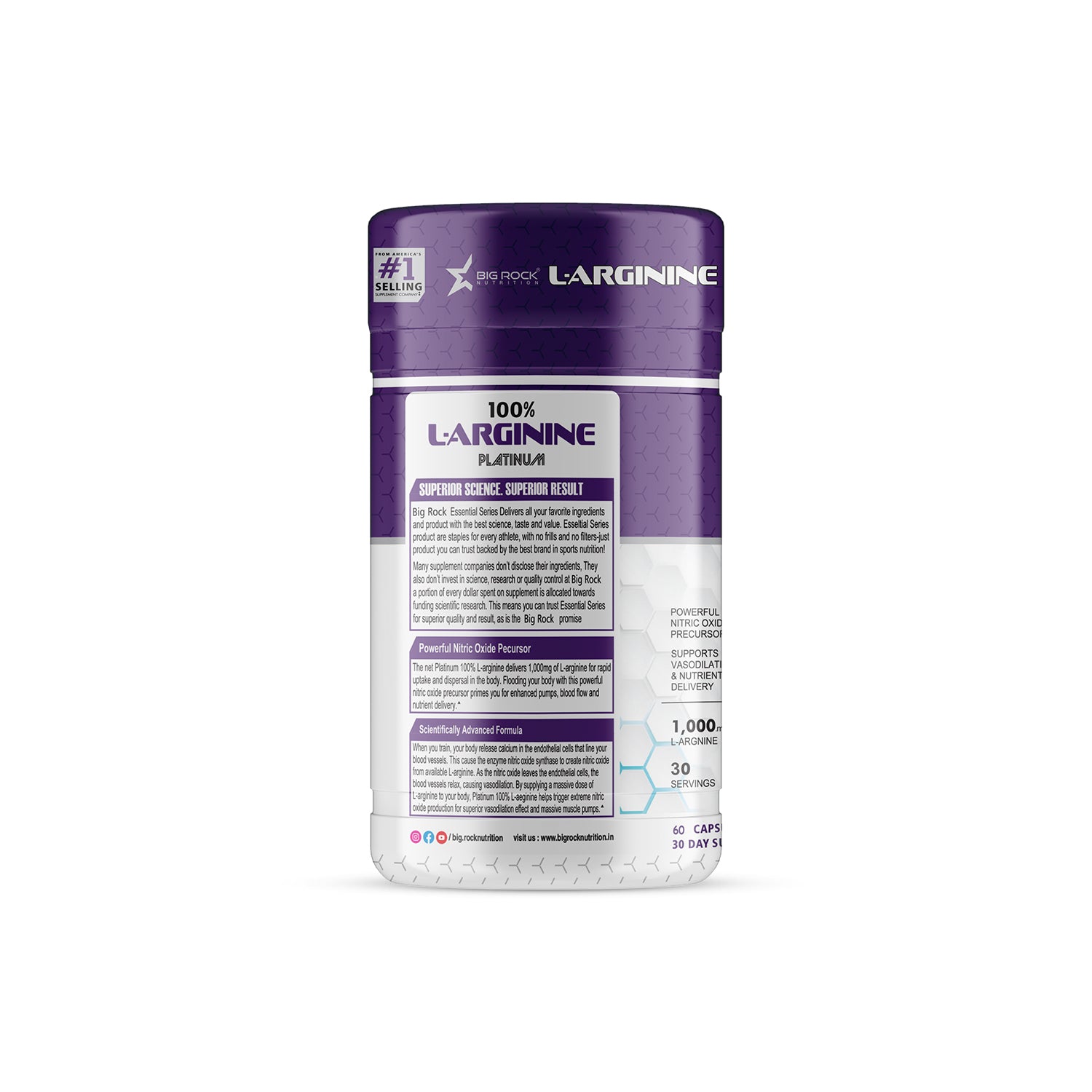1. Enhanced Muscle Recovery
When you consume protein before bed, especially a slow-digesting protein like casein, your body continues to receive a steady supply of amino acids throughout the night. This is crucial because your body does most of its repair and recovery work while you sleep. If you're engaged in regular resistance training or any strenuous physical activity, providing your muscles with protein before bed can enhance overnight muscle protein synthesis, leading to better recovery and potentially greater muscle growth.
2. Prevention of Muscle Breakdown
During sleep, your body goes through a fasting period where it may break down muscle tissue for energy if there isn't enough available fuel. By consuming protein before bed, you provide your body with an alternative energy source, reducing the likelihood of muscle catabolism (breakdown). This is particularly important for athletes, bodybuilders, or anyone looking to maintain muscle mass during a calorie deficit or weight loss phase.
3. Support for Weight Management
Protein has a high satiety factor, meaning it keeps you feeling full longer. A protein-rich snack before bed can curb late-night hunger and prevent you from reaching for unhealthy snacks. This can be especially beneficial for those trying to manage their weight. Additionally, since protein boosts metabolism more than fats or carbohydrates, having it before bed can help burn more calories overnight, contributing to weight loss or maintenance.
4. Improved Sleep Quality
Certain protein-rich foods, like dairy products, contain tryptophan, an amino acid that plays a role in the production of serotonin and melatonin, hormones that regulate mood and sleep. Consuming these foods before bed may help improve sleep quality by promoting relaxation and reducing the time it takes to fall asleep. Better sleep, in turn, can enhance recovery and overall health.
5. Blood Sugar Regulation
Stable blood sugar levels are essential for a good night's sleep. Consuming protein before bed can help prevent blood sugar spikes and crashes that might otherwise wake you up in the middle of the night. This is especially important for people with insulin sensitivity or those prone to nighttime hypoglycemia.
Considerations:
While there are many benefits to consuming protein before bed, it’s important to consider the type and amount of protein you're eating:
-
Type of Protein: Opt for slow-digesting proteins like casein found in dairy products. Casein provides a steady release of amino acids throughout the night, making it an ideal choice for a pre-bed snack. Whey protein, on the other hand, is fast-digesting and might not be as effective for overnight muscle recovery.
-
Portion Size: It's important not to overeat before bed. A small, balanced snack containing protein should suffice. Overeating, even healthy foods, can lead to discomfort and disrupted sleep.
-
Individual Tolerance: Some people may experience digestive discomfort if they consume protein close to bedtime, particularly if it's a large or fatty meal. If you notice any issues, try having your protein snack a little earlier in the evening or choose a lighter option like a protein shake or yogurt.
Examples of Protein-Rich Bedtime Snacks:
-
Cottage Cheese: A small bowl of cottage cheese is rich in casein protein, making it perfect for slow digestion overnight. Add a few berries or a drizzle of honey for extra flavor.
-
Greek Yogurt: Greek yogurt is also high in casein and provides probiotics that can benefit your gut health. Mix in some nuts or seeds for added texture and healthy fats.
-
Protein Shake (Casein): A casein protein shake is a convenient option, especially if you prefer a liquid snack. It’s easy to digest and can be customized with fruits or peanut butter for added nutrients.
-
Hard-Boiled Eggs: Eggs are an excellent source of complete protein. Having one or two hard-boiled eggs before bed can be a simple and effective way to fuel your body overnight.
-
Almonds or Walnuts: Nuts provide a good source of protein and healthy fats. They’re also high in magnesium, which can help promote relaxation and improve sleep quality.
In conclusion, having protein before bed can be a smart dietary strategy to support muscle recovery, maintain lean muscle mass, improve sleep, and manage weight. Just ensure that the protein you choose is easy to digest and consumed in appropriate portions to avoid any discomfort during the night.

















